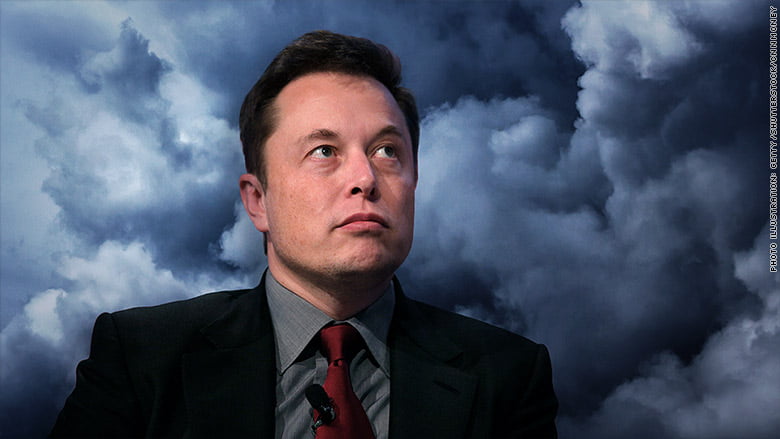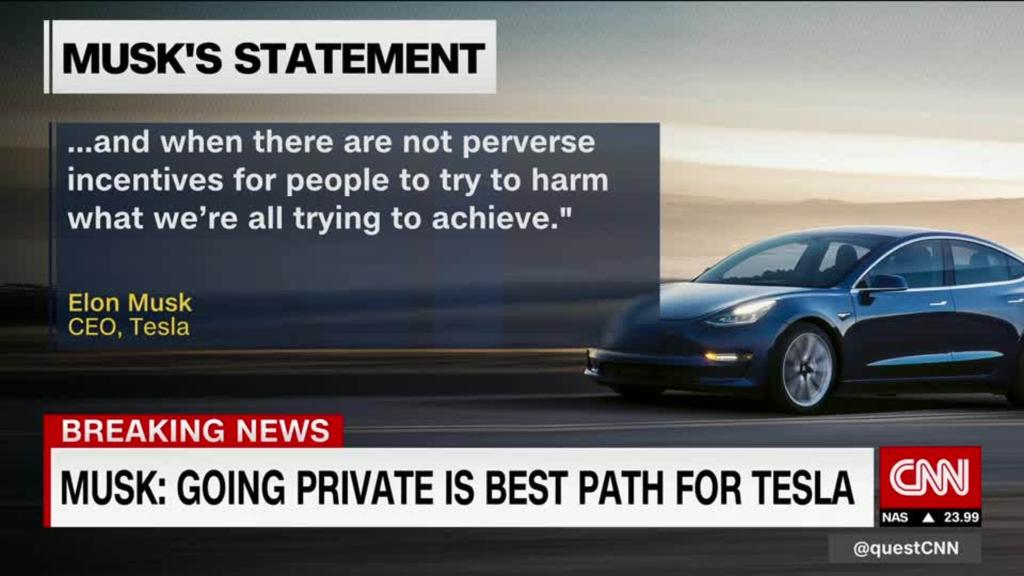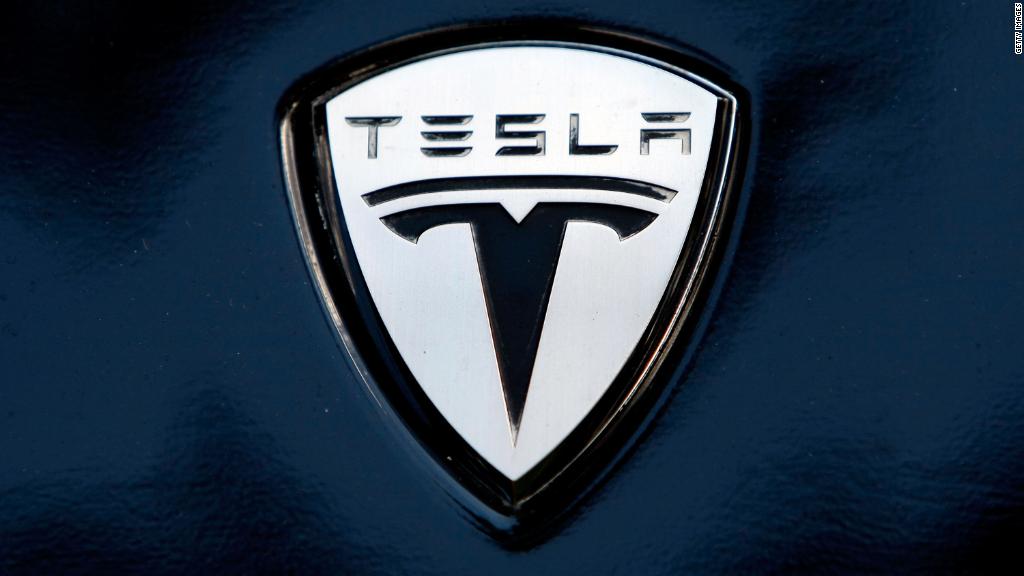

Quick! Name the chief operating officer of Tesla.
You can’t. Because that was a trick question. Tesla (TSLA) has no COO. And some financial experts think that’s a big problem, especially since there are so many questions about the company’s future.
Tesla may or may not be going private. Tesla CEO Elon Musk has forced the issue on his board because he tweeted, perhaps impulsively, that he had “funding secured” for a deal.
The stock surged at first but has since fallen back to around the level it was at before the now infamous tweet. But would Musk have written it in the first place if he had a COO to rein him in? Perhaps not.
Tesla lists only a chief technical officer and chief financial officer, along with Musk, as its top executives. Musk is also the company’s product architect.
“I look at Tesla and I see a genius in Elon Musk. But who’s the general?” said Mariann Montagne, senior portfolio manager at Gradient Investments.
Having another high-profile leader that Wall Street respects, like Sheryl Sandberg at Facebook (FB) for example, could give Musk the freedom to innovate and take risks. Meanwhile, the COO could run the company’s operations, letting investors breathe easy.
Another senior leader may be needed now that Tesla is worth about $60 billion– more than GM (GM) and Ford (F) and making Tesla the most valuable US auto company.
“A strong COO for Tesla would probably be a positive step since, as in CEO Elon Musk’s own words, it is finally ‘a real car company,'” said Craig Birk, chief investment officer of Personal Capital.
Tesla did not respond to requests for comment about why it does not have a COO.

Others also wondered why Musk didn’t have a COO or other prominent executive to help him out.
“Does every company need a COO specifically? Not necessarily. But they need to have someone to tell the CEO when they are messing up,” said John Wilson, head of research and corporate governance at Cornerstone Capital Group.
“Is there any check on the CEO? Musk’s behavior demonstrates that there doesn’t appear to be,” Wilson added.
The lack of a COO is even more concerning to some since Musk is, to put it mildly, a very busy guy.
“Musk has a lot of different irons in the fire,” said Tom Plumb, CEO of Plumb Funds, referring to the two other companies he runs — SpaceX and The Boring Company — and the many other things on his plate.
Having a COO also can reassure investors that there is a succession plan in place in case Musk decides to step down to focus more on these other initiatives.
Other successful founder-led companies have cultivated deep management benches. Google, now known as Alphabet, brought in tech veteran Eric Schmidt to be CEO before its IPO, for example. Microsoft’s Bill Gates had Steve Ballmer and then Satya Nadella take over.
Having a trusted COO also could be helpful in case Musk ever runs into health problems.
Apple (AAPL) CEO Tim Cook had been COO for several years under Steve Jobs. That meant that there was a clear succession plan once Jobs, who passed away in 2011, was no longer able to serve as CEO.
What’s more, Jobs had been CEO of animated studio Pixar until it was bought by Disney (DIS) while also serving as CEO of Apple. If Jobs did not have Cook at his side, Wall Street might have been more concerned about a leadership void at Apple.
Kind of like how Tesla investors are now worried that Musk may be spreading himself too thin and that there’s nobody else to step in and lead the company.
CNNMoney (New York) First published August 16, 2018: 1:25 PM ET



